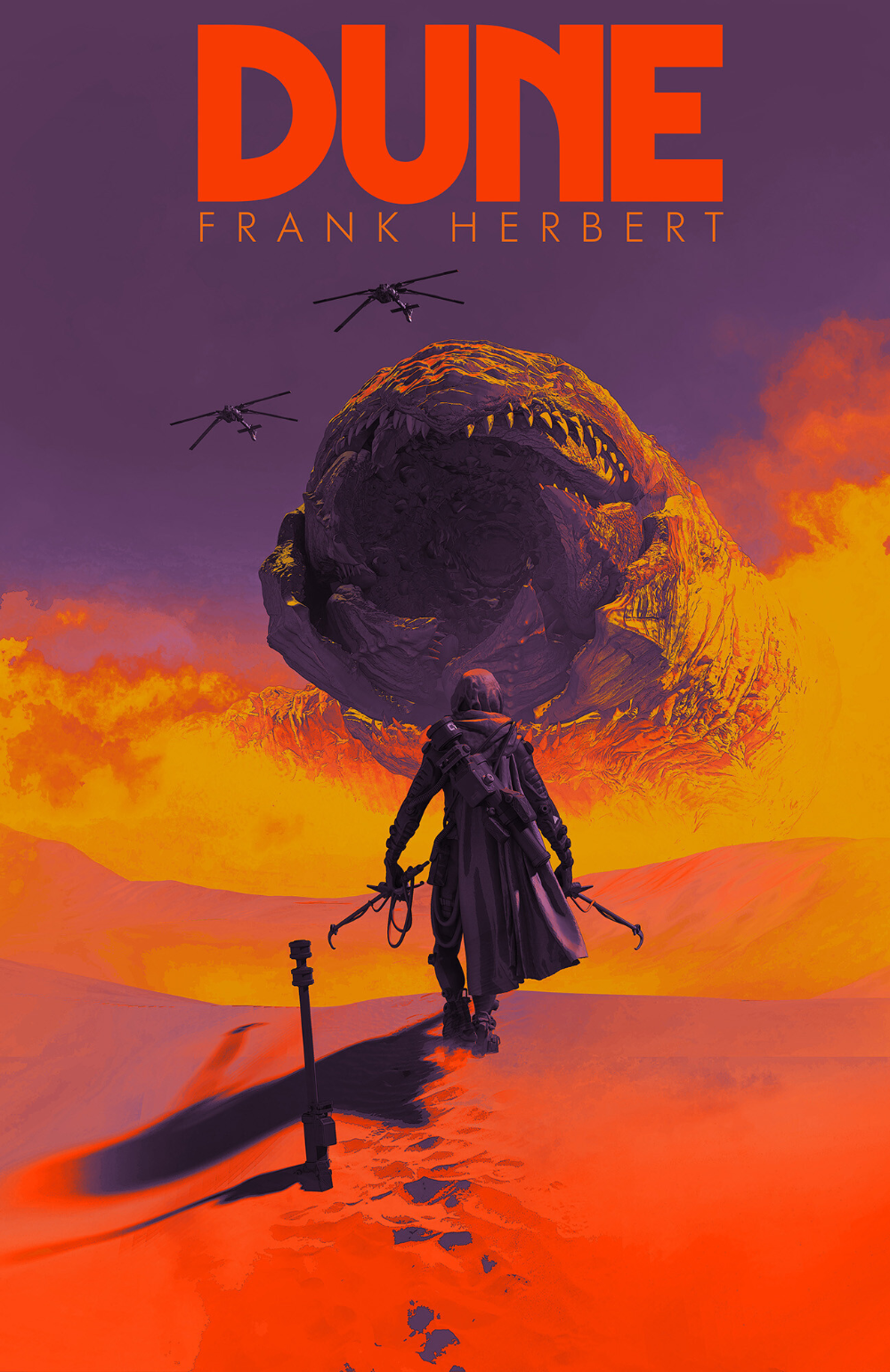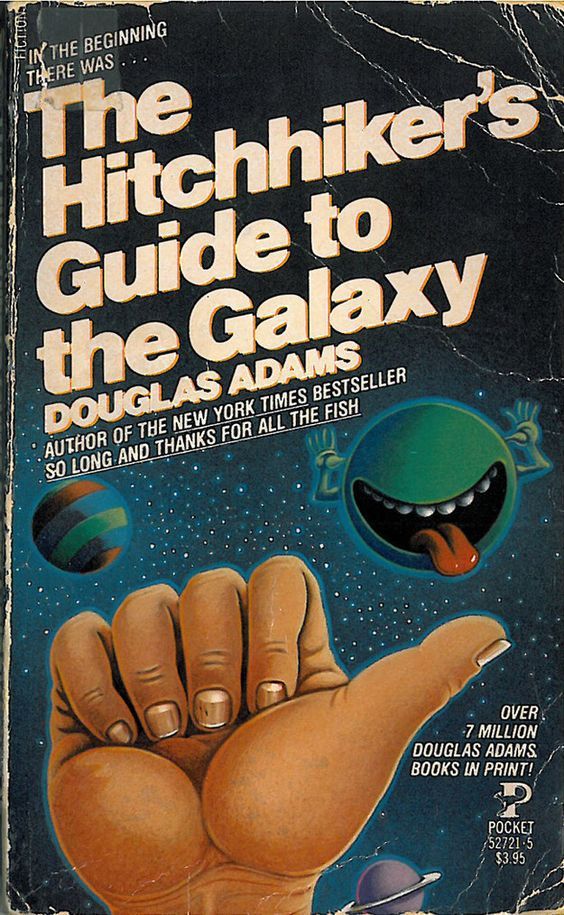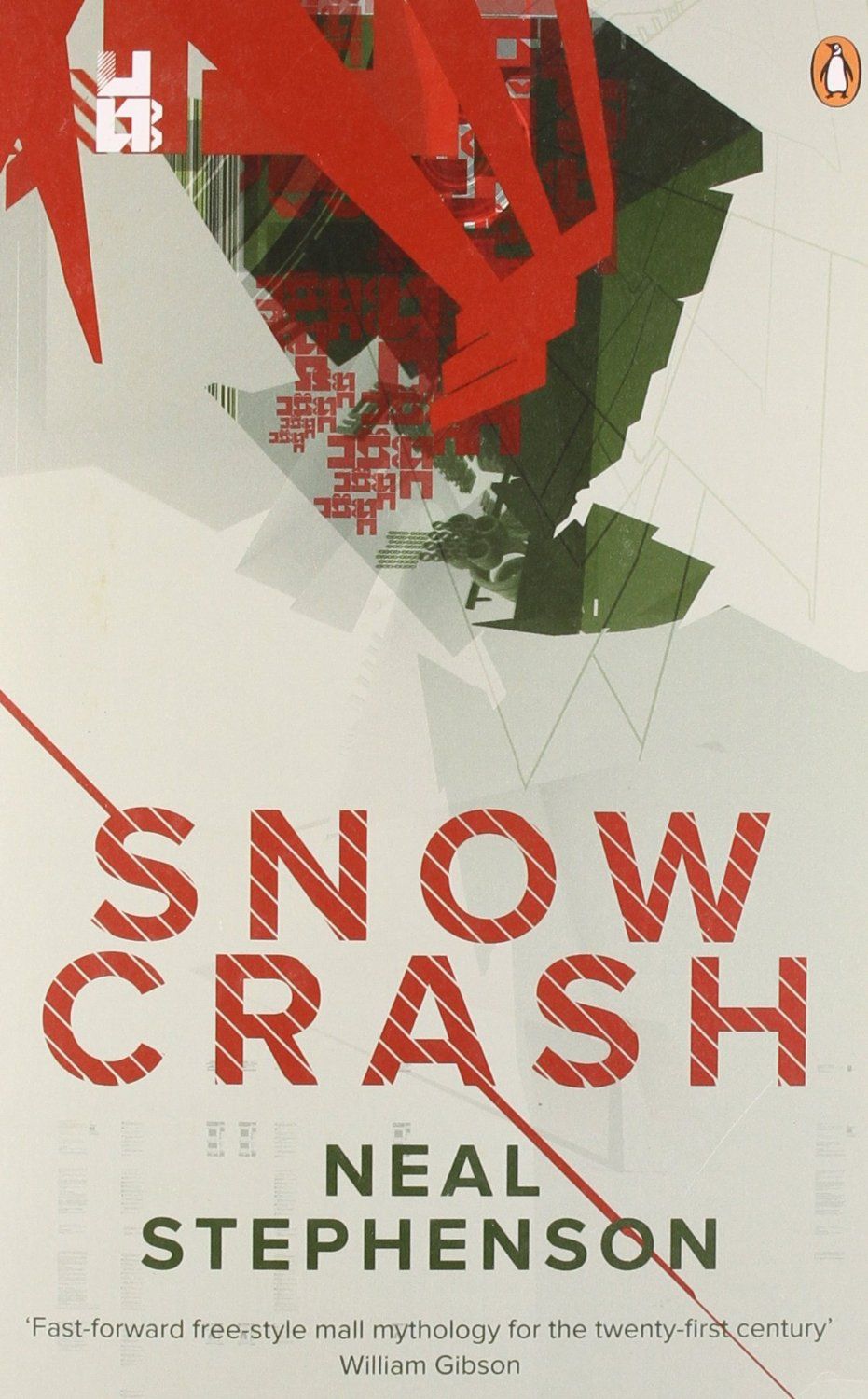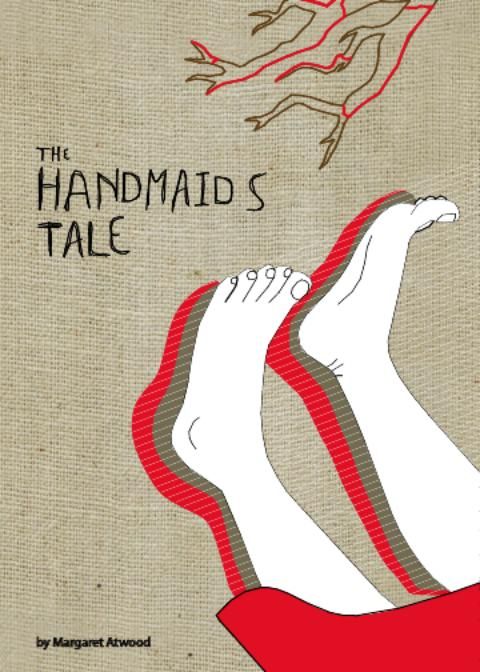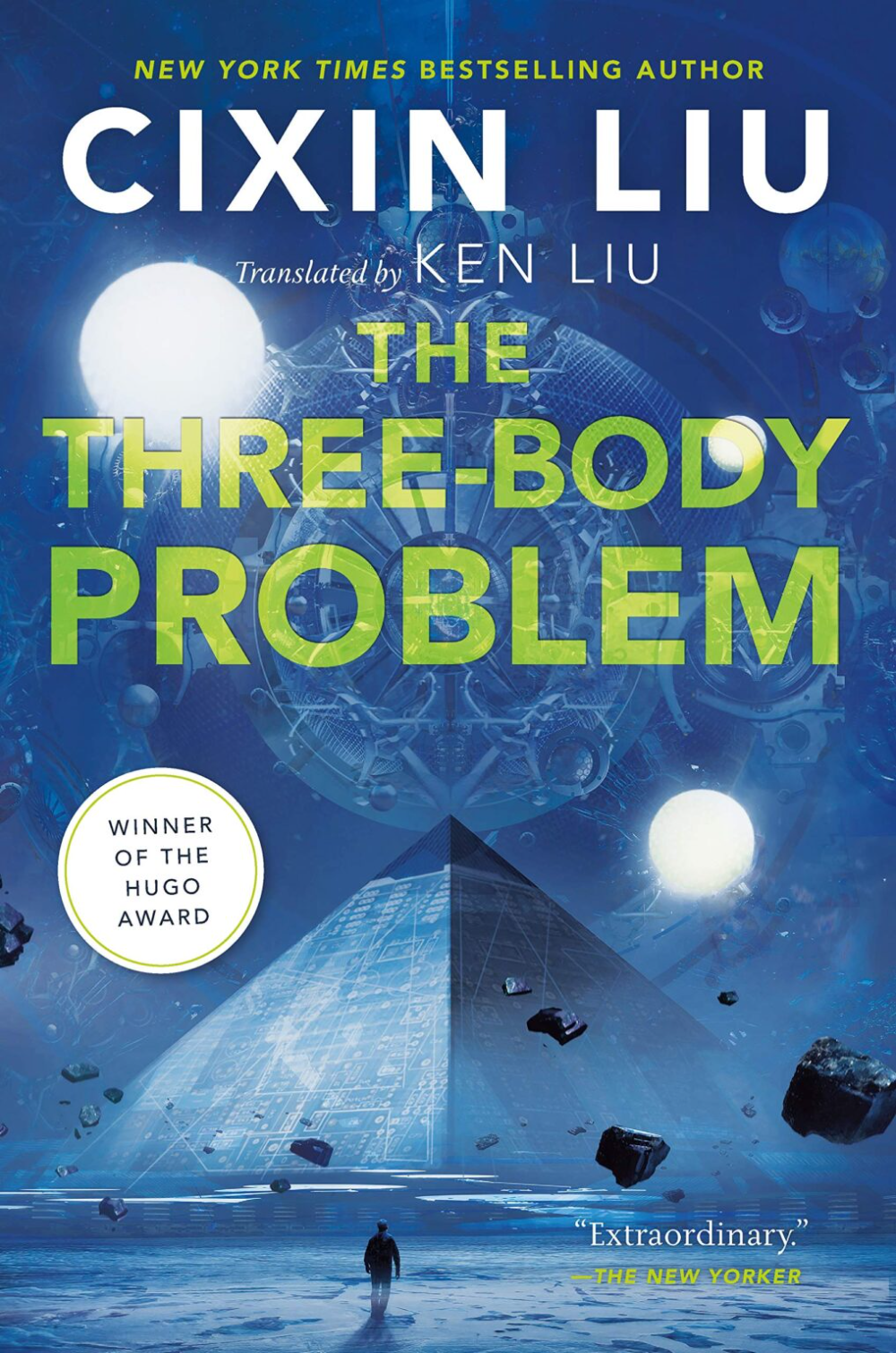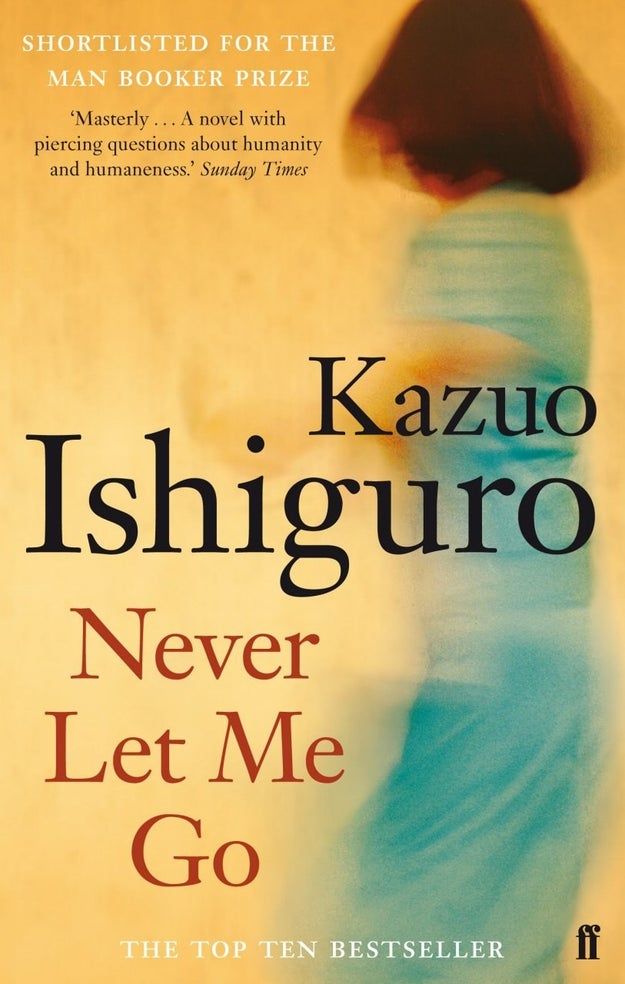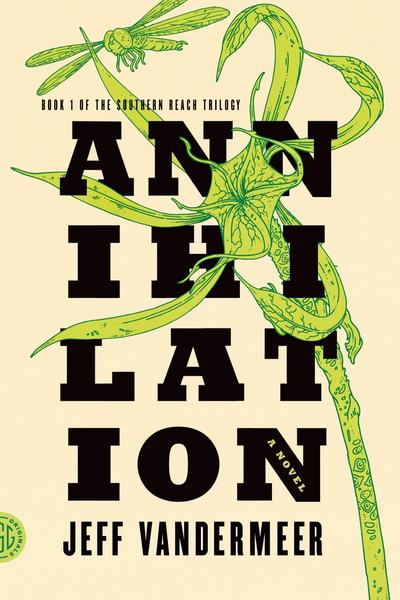1.DUNE BY FRANK HERBERT
As cliché as this might be (since this book seems to be the number one on every list), this book just seems to be a classic, a story that can be read over and over. Therefore Dune has turned up as the number one on my list. The novel is set about 20,000 years ahead with Dune Leto as the main character. The plot of this novel takes some excitingly shocking twists that leave the readers in suspense. The ending is definitely a cliff hanger which will make the reader want to keep reading on. The Dune series have been a popular hit since the 1990’s coming a long way up to 2009.
